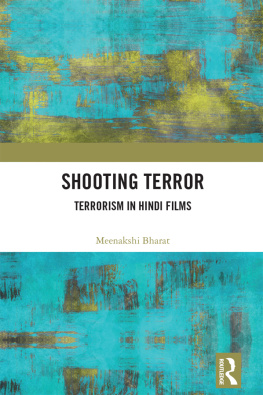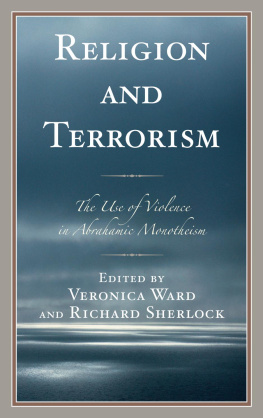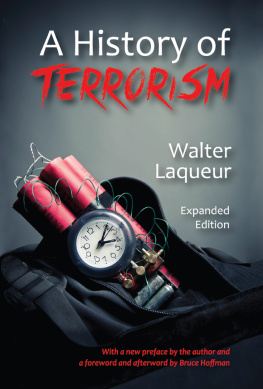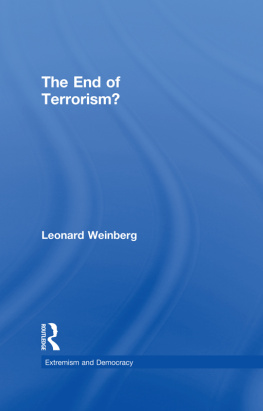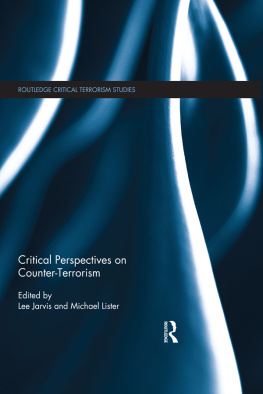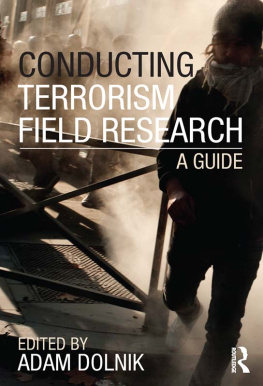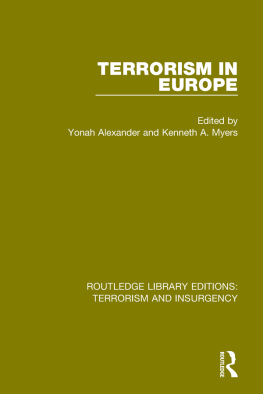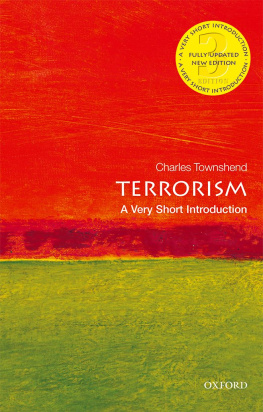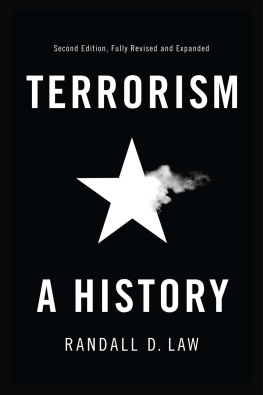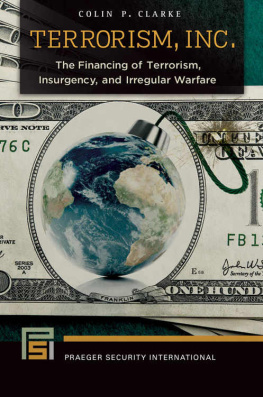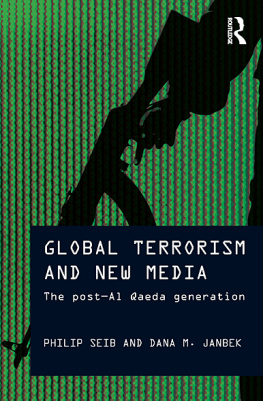First published 2007 by Pearson Education Limited
This edition published 2012
Published 2013 by Routledge
2 Park Square, Milton Park, Abingdon, Oxon OX14 4RN
711 Third Avenue, New York, NY 10017, USA
Routledge is an imprint of the Taylor & Francis Group, an informa business
Copyright 2007, 2012 Taylor & Francis.
The right of Rosemary H.T. O'Kane to be identified as author of this work has been asserted by her in accordance with the Copyright, Designs and Patents Act 1988.
All rights reserved. No part of this book may be reprinted or reproduced or utilised in any form or by any electronic, mechanical, or other means, now known or hereafter invented, including photocopying and recording, or in any information storage or retrieval system, without permission in writing from the publishers.
Notices
Knowledge and best practice in this field are constantly changing. As new research and experience broaden our understanding, changes in research methods, professional practices, or medical treatment may become necessary.
Practitioners and researchers must always rely on their own experience and knowledge in evaluating and using any information, methods, compounds, or experiments described herein. In using such information or methods they should be mindful of their own safety and the safety of others, including parties for whom they have a professional responsibility.
To the fullest extent of the law, neither the Publisher nor the authors, contributors, or editors, assume any liability for any injury and/or damage to persons or property as a matter of products liability, negligence or otherwise, or from any use or operation of any methods, products, instructions, or ideas contained in the material herein.
ISBN: 978-1-4082-8257-1 (pbk)
British Library Cataloguing in Publication Data
A CIP catalogue record for this book can be obtained from the British Library
Library of Congress Cataloging in Publiscation Data
O'Kane, Rosemary H. T.
Terrorism / Rosemary H.T. O'Kane.
p. cm. -- (Seminar studies)
Includes bibliographical references and index.
ISBN 978-1-4082-8257-1 (pbk.)
1. Terrorism. 2. Terrorism--History. I. Title.
HV6431.O498 2012
363.325--dc23
2011051890
Set in 10/13.5pt Berkeley by 35
Introduction to the series
History is narrative constructed by historians from traces left by the past. Historical enquiry is often driven by contemporary issues and, in consequence, historical narratives are constantly reconsidered, reconstructed and reshaped. The fact that different historians have different perspectives on issues means that there is also often controversy and no universally agreed version of past events. Seminar Studies was designed to bridge the gap between current research and debate, and the broad, popular general surveys that often date rapidly.
The volumes in the series are written by historians who are not only familiar with the latest research and current debates concerning their topic, but who have themselves contributed to our understanding of the subject. The books are intended to provide the reader with a clear introduction to a major topic in history. They provide both a narrative of events and a critical analysis of contemporary interpretations. They include the kinds of tools generally omitted from specialist monographs: a chronology of events, a glossary of terms and brief biographies of who's who. They also include bibliographical essays in order to guide students to the literature on various aspects of the subject. Students and teachers alike will find that the selection of documents will stimulate discussion and offer insight into the raw materials used by historians in their attempt to understand the past.
Clive Emsley and Gordon Martel
Series Editors
Terrorism conveys the images of the suicide bomber with explosives strapped around the waist or carried in a rucksack, of hijacked aeroplanes and of bombs placed under a park bench, exploding under a parked car or thrown through the window of a crowded restaurant. We now live in a world in which such acts of terrorism regularly hit the news. To think of terrorism only in such ways, however, is to seriously misunderstand its true nature. Terrorism is far from the preserve of groups and individuals; it is also perpetrated by states and, at its most extreme, can identify regimes. A full understanding of terrorism can only be achieved by considering all these forms and to do so by taking a long view, both reflecting on the past through present understanding and gaining insights into the present through lessons drawn from the past. For encouraging me to embark on this journey of understanding and for his help along the way I thank the editor of the series, Gordon Martel, without whom this book would never have been written. I also thank my colleagues and students over the years for their good humour, stimulation and encouragement, Brian Doherty especially. As always, I am grateful to my family, Les and Harriet Rosenthal.
We are grateful to the following for permission to reproduce copyright material:
Plates
Gara via Getty Images.
Text
from From Peaceful Protest to Guerrilla War: Micromobilization of the Provisional Irish Republican Army', American Journal of Sociology, 94, pp. 12903 (White, R.W. 1998). 1989 by The University of Chicago. All Rights Reserved. Reproduced with permission of The University of Chicago and R.W. White.
In some instances we have been unable to trace the owners of copyright material, and we would appreciate any information that would enable us to do so.


